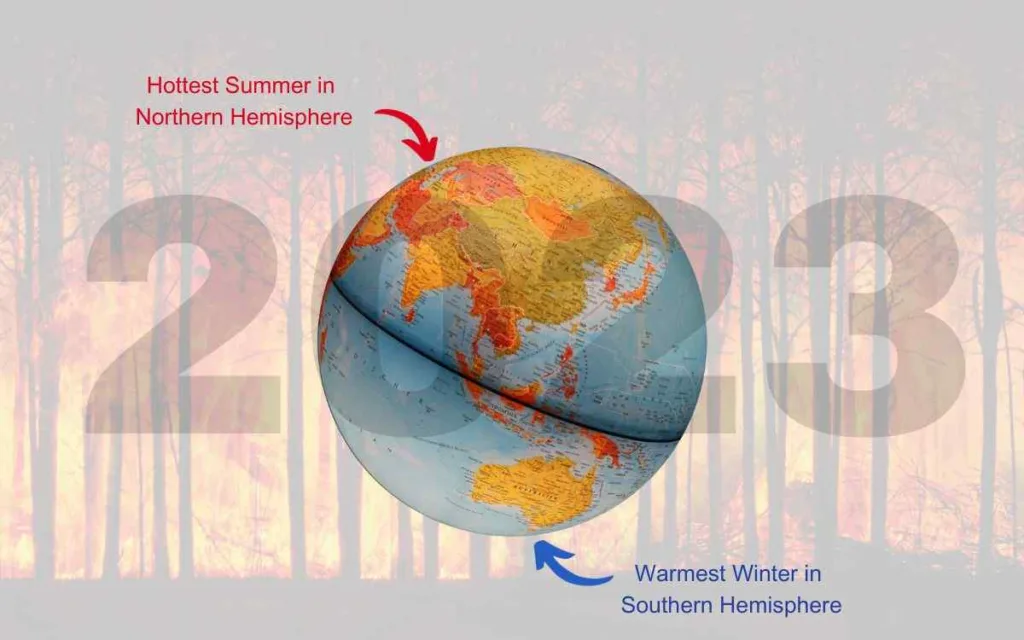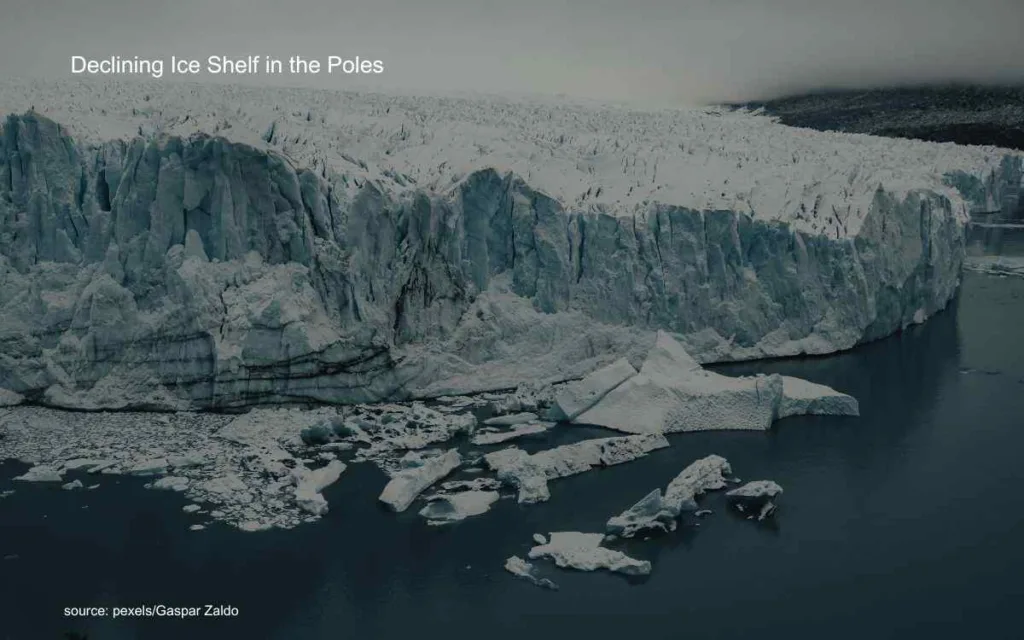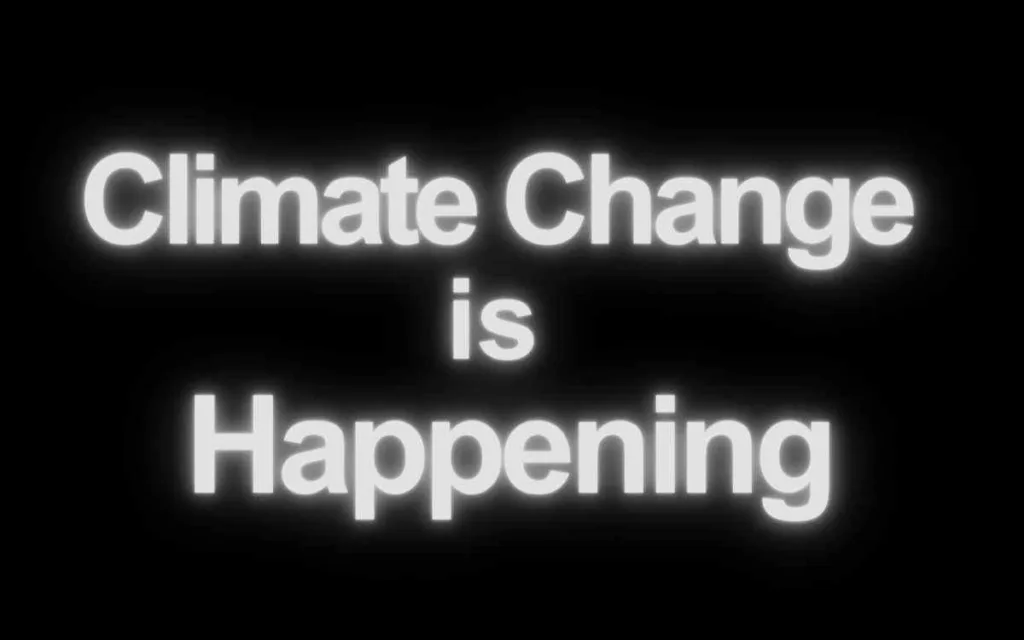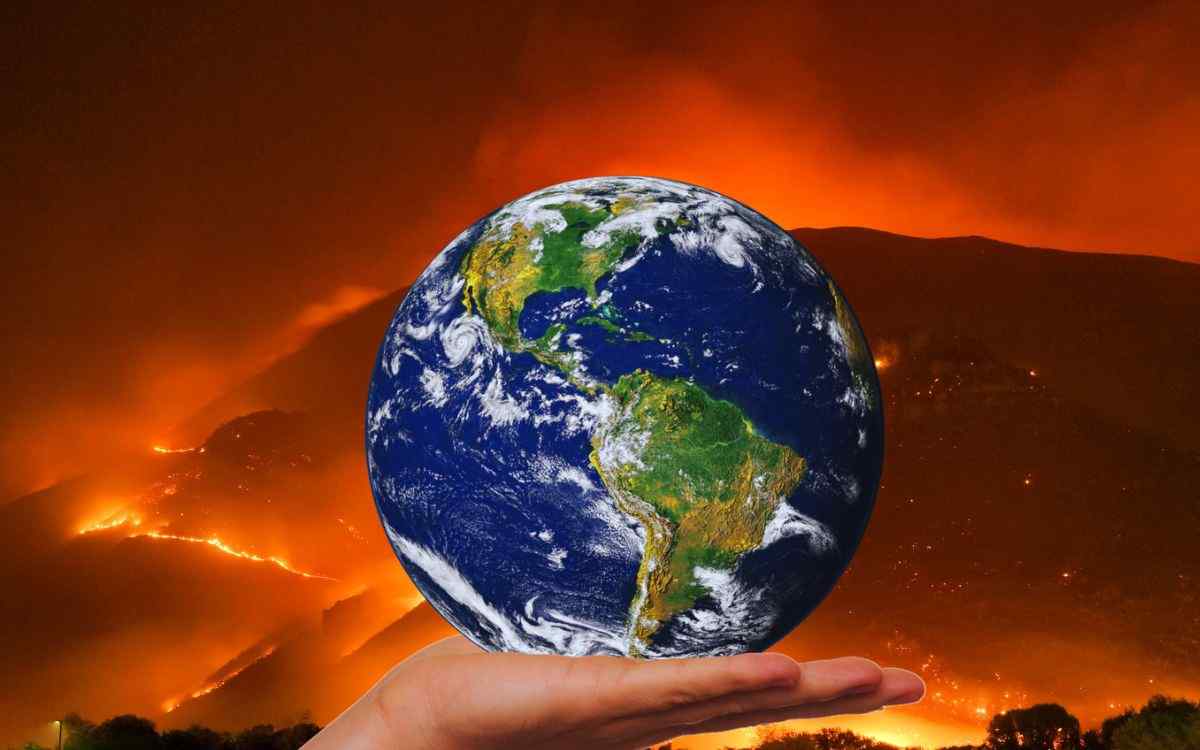Climate Change SHOCKER! Earth’s HOTTEST Summer 2023
In a shocking announcement that has sent ripples of concern across the globe, scientists from NASA and the National Oceanic and Atmospheric Administration (NOAA) have officially declared the summer of 2023, from June to August, as the hottest ever recorded.
This revelation has left us grappling with the harsh reality of a rapidly warming planet.
The scorching temperatures of this summer shattered records in regions worldwide, leaving devastating consequences in their wake.
Deadly wildfires ravaged vast expanses of land, blistering heat waves pushed thermometers to their limits, and extreme rainfall events led to unprecedented flooding.
These alarming events force us to confront the undeniable consequences of climate change.
As we delve into the details behind this alarming phenomenon, it becomes clear that urgent action is needed.
The implications for our planet are dire, underscoring the pressing need for comprehensive and immediate measures to combat climate change and safeguard our future.
It’s a stark reminder that we must prioritize sustainability and environmental stewardship to mitigate the devastating effects of a warming world.
Unprecedented Global Heat
The summer of 2023 marked a new pinnacle of heat, not only as the hottest in the Northern Hemisphere but also as the warmest winter in the Southern Hemisphere.

The Earth bore the brunt of extreme warmth as it enveloped regions worldwide, intensifying wildfires in Canada and Hawaii while igniting heatwaves in South America, Japan, Europe, and the United States.
>>Find 54 days of 110F in Arizona HERE.
Additionally, this extraordinary heat likely contributed to severe rainfall and flooding in Italy, Greece, and Central Europe, as reported by NASA.
August: A Month of Records
In the annals of climate history, August 2023 emerges as a standout, bathed in the scorching heat of a planet grappling with its rising temperatures.
The National Oceanic and Atmospheric Administration (NOAA) has sounded the alarm, and their chief scientist, Sarah Kapnick, has emphasized the gravity of the situation.
With conviction, she declared, “Not only was last month the warmest August on record by quite a lot.”
As our world continues to grapple with the consequences of climate change, these words serve as a stark reminder of the urgent need for global action.
Underlying Causes
The question arises: What factors contributed to this record-breaking warmth?
According to Josh Willis, a climate scientist and oceanographer at NASA’s Jet Propulsion Laboratory, exceptionally high sea surface temperatures, partly driven by the resurgence of El Niño, played a major role in this summer’s unprecedented heat. >>Find more Here.
El Niño, a natural climate pattern characterized by warmer-than-average sea-surface temperatures in the tropical Pacific Ocean, significantly influences global weather patterns.
Willis explains, “With background warming and marine heatwaves that have been creeping up on us for decades, this El Niño shot us over the hump for setting all kinds of records.”
Alarming Ice Decline
Adding to the concern, August set a distressing record for the lowest global sea ice extent.
NOAA reported that global sea ice in August covered approximately 550,000 square miles less than the previous record low, established in August 2019.

Antarctica, in particular, experienced its fourth consecutive month with the lowest sea ice extent on record, signifying a worrying trend in polar regions.
Continental Impact
In the annals of Earth’s climatic history, the year we just witnessed will undoubtedly stand as a turning point. The consequences of this unprecedented warmth rippled across the globe, leaving no corner untouched.
North America and the Arctic bore witness to sweltering summers, etching their names in the record books as the hottest ever recorded.
Meanwhile, the heatwaves weren’t confined to one region alone. Asia, Africa, and South America collectively endured their warmest June to August periods, underscoring the global nature of this phenomenon.
But the effects reached even the remote shores of Oceania, where an uncharacteristically warm winter left meteorologists astounded.
The world seemed to be holding its breath as it witnessed nature’s unfolding drama.
And for Europe, while it didn’t quite clinch the title of the hottest summer, it still grappled with the consequences of climate change, ranking as having its third-warmest summer.
As we navigate these warming waters, it’s evident that the earth is sending us an urgent message. It’s high time we collectively address the climate crisis, as the consequences of inaction are felt far and wide.
A Stark Reminder of Climate Change
As NASA climate scientist Gavin Schmidt starkly stated, “Unfortunately, climate change is happening.”

The records being shattered are a grim testament to the predictions made by climate scientists.
Schmidt further warns, “Things that we said would come to pass are coming to pass. “
Key Climate Data
To put these records into perspective, here are some key climate statistics from NOAA:
- The June-August global surface temperature was 2.07 degrees above the 20th-century average of 60.1 degrees, surpassing the previous record by 0.43 degrees.
- The Northern Hemisphere summer temperature was a staggering 2.59 degrees above the average.
- The Southern Hemisphere winter temperature was notably 1.53 degrees above average.
- An astounding 13% of the world’s surface experienced record-warm temperatures in August, marking the highest percentage for the month since data collection began in 1951.
- August 2023 registered the highest monthly sea-surface temperature anomaly of any month in NOAA’s 174-year record, standing at 1.85 degrees.
Conclusion
The scorching summer of 2023 and its consequential records serve as a stark reminder of the urgent need to address climate change.
As Earth continues to swelter under the burden of increasing temperatures, the devastating consequences are felt by communities and ecosystems worldwide.
This is not just a record; it is a call to action to mitigate the effects of climate change and protect our planet for future generations.






